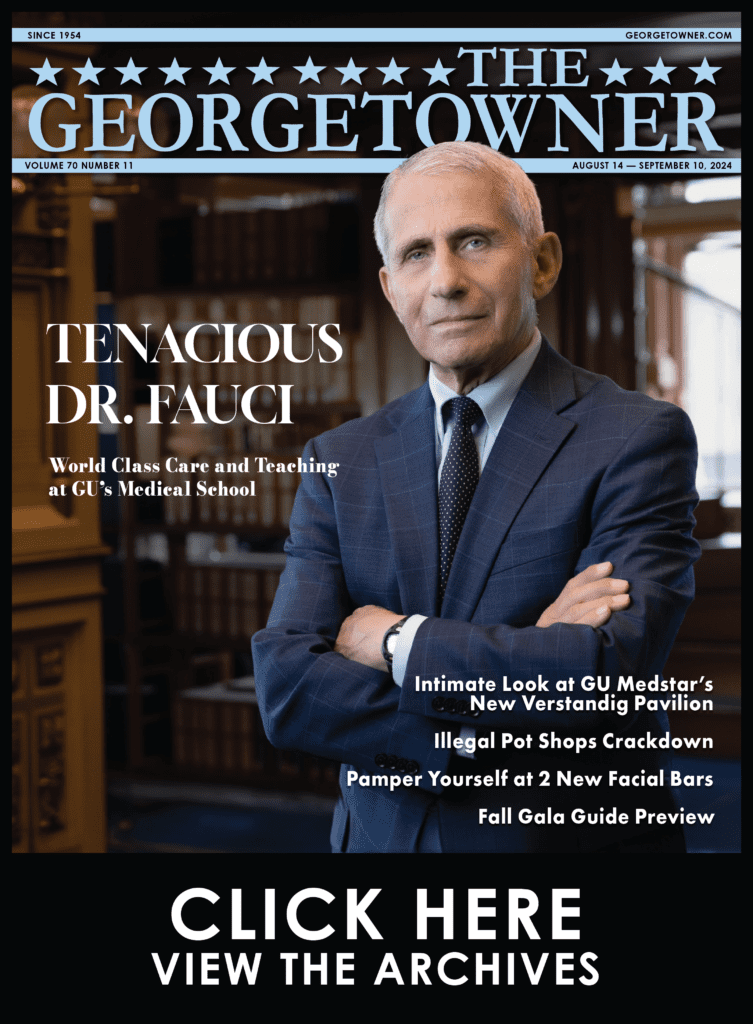D.C. Theaters as Economic Engines
By • May 3, 2012 0 1127
This week, I want to focus on the arts, which is timely both because it is a budget priority of mine and because I recently presented a resolution recognizing theatre: Washington’s “Theater Week” at the Helen Hayes Awards. I am proud to celebrate the legacy, excellence and cultural contribution of theatre in the District of Columbia, and Theater Week provides a great opportunity to do that.
Everyone knows that the District of Columbia is a center for tourism. We as a city must build on this strength by attracting visitors as well as residents into our world-class arts venues. There are 44 professional theater companies operating in the District of Columbia, making us the second most prolific theatre town in the United States based on the number of productions per year. While the theater landscape has grown, I am concerned that dwindling funding could have an adverse impact on potential future growth.
Neighborhoods throughout D.C. have been transformed by establishing and promoting theaters within their communities. From the Arena Stage in Southwest, to the Tivoli Theatre in Columbia Heights, to the Shakespeare Theatre in Penn Quarter, to the renovation of the Atlas on H Street, N.E., and the Studio Theatre in Logan Circle, it is clear that the arts are not simply relevant from an aesthetic or cultural standpoint. The arts provides economic engines for the community, capable of revitalizing entire neighborhoods. I am proud that the District was also the major donor to Arena Stage, the Shakespeare Theatre, Ford’s Theatre and many other performing arts groups like the Washington Ballet and the Washington Performing Arts Society.
The theater industry supports more than 11,000 full-time equivalent jobs in the District, and arts and culture organizations spend over $600 million annually throughout the region. The nearly 2 million audience members that attend theaters in the District annually also generate more than $100 million into the District’s economy — demonstrating that theater is a critical part of the economic engine with benefits
flowing directly back to area businesses.
I am committed to advocating for the arts and reminding my colleagues that the arts are integral to the fabric of our neighborhoods and city. Their importance cannot be overstated, and I will keep working to ensure that our arts community continues to grow and thrive. I have had conversations with the mayor, the chairman and my council colleagues and will be promoting amendments to the budget to move us in the direction of a quantity of funding that will more adequately sustain this important facet of our city.

